A UP Law Statement on Plagiarism and Misrepresentation in the Supreme Court
RESTORING INTEGRITY:
A STATEMENT BY THE FACULTY OF THE UNIVERSITY OF THE PHILIPPINES COLLEGE OF LAW ON THE ALLEGATIONS OF PLAGIARISM AND MISREPRESENTATION IN THE SUPREME COURT
An extraordinary act of injustice has again been committed against the brave Filipinas who had suffered abuse during a time of war. After they courageously came out with their very personal stories of abuse and suffering as “comfort women”, waited for almost two decades for any meaningful relief from their own government as well as from the government of Japan, got their hopes up for a semblance of judicial recourse in the case of Vinuya v. Executive Secretary, G.R. No. 162230 (28 April 2010), they only had these hopes crushed by a singularly reprehensible act of dishonesty and misrepresentation by the Highest Court of the land.
It is within this frame that the Faculty of the University of the Philippines College of Law views the charge that an Associate Justice of the Supreme Court committed plagiarism and misrepresentation in Vinuya v. Executive Secretary. The plagiarism and misrepresentation are not only affronts to the individual scholars whose work have been appropriated without correct attribution, but also a serious threat to the integrity and credibility of the Philippine Judicial System.
In common parlance, ‘plagiarism’ is the appropriation and misrepresentation of another person’s work as one’s own. In the field of writing, it is cheating at best, and stealing at worst. It constitutes a taking of someone else’s ideas and expressions, including all the effort and creativity that went into committing such ideas and expressions into writing, and then making it appear that such ideas and expressions were originally created by the taker. It is dishonesty, pure and simple. A judicial system that allows plagiarism in any form is one that allows dishonesty. Since all judicial decisions form part of the law of the land, to allow plagiarism in the Supreme Court is to allow the production of laws by dishonest means. Evidently, this is a complete perversion and falsification of the ends of justice.
A comparison of the Vinuya decision and the original source material shows that the ponente merely copied select portions of other legal writers’ works and interspersed them into the decision as if they were his own, original work. Under the circumstances, however, because the Decision has been promulgated by the Court, the Decision now becomes the Court’s and no longer just the ponente’s. Thus the Court also bears the responsibility for the Decision. In the absence of any mention of the original writers’ names and the publications from which they came, the thing speaks for itself.
So far there have been unsatisfactory responses from the ponente of this case and the spokesman of the Court.
It is argued, for example, that the inclusion of the footnotes from the original articles is a reference to the ‘primary’ sources relied upon. This cursory explanation is not acceptable, because the original authors’ writings and the effort they put into finding and summarizing those primary sources are precisely the subject of plagiarism. The inclusion of the footnotes together with portions of their writings in fact aggravates, instead of mitigates, the plagiarism since it provides additional evidence of a deliberate intention to appropriate the original authors’ work of organizing and analyzing those primary sources.
It is also argued that the Members of the Court cannot be expected to be familiar with all legal and scholarly journals. This is also not acceptable, because personal unfamiliarity with sources all the more demands correct and careful attribution and citation of the material relied upon. It is a matter of diligence and competence expected of all Magistrates of the Highest Court of the Land.
But a far more serious matter is the objection of the original writers, Professors Evan Criddle and Evan Fox-Descent, that the High Court actually misrepresents the conclusions of their work entitled “A Fiduciary Theory of Jus Cogens,” the main source of the plagiarized text. In this article they argue that the classification of the crimes of rape, torture, and sexual slavery as crimes against humanity have attained the status of jus cogens, making it obligatory upon the State to seek remedies on behalf of its aggrieved citizens. Yet, the Vinuya decision uses parts of the same article to arrive at the contrary conclusion. This exacerbates the intellectual dishonesty of copying works without attribution by transforming it into an act of intellectual fraud by copying works in order to mislead and deceive.
The case is a potential landmark decision in International Law, because it deals with State liability and responsibility for personal injury and damage suffered in a time of war, and the role of the injured parties’ home States in the pursuit of remedies against such injury or damage. National courts rarely have such opportunities to make an international impact. That the petitioners were Filipino “comfort women” who suffered from horrific abuse during the Second World War made it incumbent on the Court of last resort to afford them every solicitude. But instead of acting with urgency on this case, the Court delayed its resolution for almost seven years, oblivious to the deaths of many of the petitioners seeking justice from the Court. When it dismissed the Vinuya petition based on misrepresented and plagiarized materials, the Court decided this case based on polluted sources. By so doing, the Supreme Court added insult to injury by failing to actually exercise its “power to urge and exhort the Executive Department to take up the claims of the Vinuya petitioners. Its callous disposition, coupled with false sympathy and nonchalance, belies a more alarming lack of concern for even the most basic values of decency and respect. The reputation of the Philippine Supreme Court and the standing of the Philippine legal profession before other Judiciaries and legal systems are truly at stake.
The High Court cannot accommodate less than absolute honesty in its decisions and cannot accept excuses for failure to attain the highest standards of conduct imposed upon all members of the Bench and Bar because these undermine the very foundation of its authority and power in a democratic society. Given the Court’s recent history and the controversy that surrounded it, it cannot allow the charges of such clear and obvious plagiarism to pass without sanction as this would only further erode faith and confidence in the judicial system. And in light of the significance of this decision to the quest for justice not only of Filipino women, but of women elsewhere in the world who have suffered the horrors of sexual abuse and exploitation in times of war, the Court cannot coldly deny relief and justice to the petitioners on the basis of pilfered and misinterpreted texts.
The Court cannot regain its credibility and maintain its moral authority without ensuring that its own conduct, whether collectively or through its Members, is beyond reproach. This necessarily includes ensuring that not only the content, but also the processes of preparing and writing its own decisions, are credible and beyond question. The Vinuya Decision must be conscientiously reviewed and not casually cast aside, if not for the purpose of sanction, then at least for the purpose of reflection and guidance. It is an absolutely essential step toward the establishment of a higher standard of professional care and practical scholarship in the Bench and Bar, which are critical to improving the system of administration of justice in the Philippines. It is also a very crucial step in ensuring the position of the Supreme Court as the Final Arbiter of all controversies: a position that requires competence and integrity completely above any and all reproach, in accordance with the exacting demands of judicial and professional ethics.
With these considerations, and bearing in mind the solemn duties and trust reposed upon them as teachers in the profession of Law, it is the opinion of the Faculty of the University of the Philippines College of Law that:
(1) The plagiarism committed in the case of Vinuya v. Executive Secretary is unacceptable, unethical and in breach of the high standards of moral conduct and judicial and professional competence expected of the Supreme Court;
(2) Such a fundamental breach endangers the integrity and credibility of the entire Supreme Court and undermines the foundations of the Philippine judicial system by allowing implicitly the decision of cases and the establishment of legal precedents through dubious means;
(3) The same breach and consequent disposition of the Vinuya case does violence to the primordial function of the Supreme Court as the ultimate dispenser of justice to all those who have been left without legal or equitable recourse, such as the petitioners therein;
(4) In light of the extremely serious and far-reaching nature of the dishonesty and to save the honor and dignity of the Supreme Court as an institution, it is necessary for the ponente of Vinuya v. Executive Secretary to resign his position, without prejudice to any other sanctions that the Court may consider appropriate;
(5) The Supreme Court must take this opportunity to review the manner by which it conducts research, prepares drafts, reaches and finalizes decisions in order to prevent a recurrence of similar acts, and to provide clear and concise guidance to the Bench and Bar to ensure only the highest quality of legal research and writing in pleadings, practice, and adjudication.
Malcolm Hall, University of the Philippines College of Law, Quezon City, 27 July 2010.
(SGD) MARVIC M.V.F. LEONEN
Dean and Professor of Law
(SGD.) FROILAN M. BACUNGAN
Dean (1978-1983)
(SGD.) PACIFICO A. AGABIN
Dean (1989-1995)
(SGD.) MERLIN M. MAGALLONA
Dean (1995-1999)
(SGD.) SALVADOR T. CARLOTA
Dean (2005-2008)
and Professor of Law
REGULAR FACULTY
(SGD.) CARMELO V. SISON
Professor
(SGD.) PATRICIA R.P. SALVADOR DAWAY
Associate Dean and Associate Professor
(SGD.) DANTE B. GATMAYTAN
Associate Professor
(SGD.) THEODORE O. TE
Assistant Professor
(SGD.) FLORIN T. HILBAY
Assistant Professor
(SGD.) JAY L. BATONGBACAL
Assistant Professor
(SGD.) EVELYN (LEO) D. BATTAD
Assistant Professor
(SGD.) GWEN G. DE VERA
Assistant Professor
(SGD.) SOLOMON F. LUMBA
Assistant Professor
(SGD.) ROMMEL J. CASIS
Assistant Professor
LECTURERS
(SGD.) ARTHUR P. AUTEA
(SGD.) ROSA.MARIA.J..BAUTISTA
(SGD.) MARK R. BOCOBO
(SGD.) DAN P. CALICA
(SGD.) TRISTAN A. CATINDIG
(SGD.) SANDRA MARIE O. CORONEL
(SGD.) ROSARIO O. GALLO
(SGD.) CONCEPCION L. JARDELEZA
(SGD.) ANTONIO G.M. LA VIÑA
(SGD.) CARINA C. LAFORTEZA
(SGD.) JOSE C. LAURETA
(SGD.) DINA D. LUCINARIO
(SGD.) OWEN J. LYNCH
(SGD.) ANTONIO M. SANTOS
(SGD.) VICENTE V. MENDOZA
(SGD.) GMELEEN FAYE B. TOMBOC
(SGD.) NICHOLAS FELIX L. TY
(SGD.) EVALYN G. URSUA
(SGD.) RAUL T. VASQUEZ
(SGD.) SUSAN D. VILLANUEVA
Last Updated on October 12, 2016 by web_admin


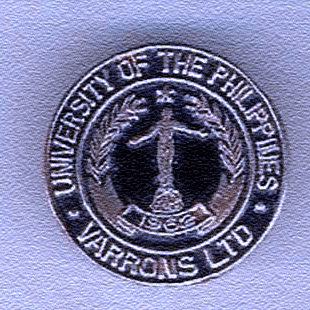

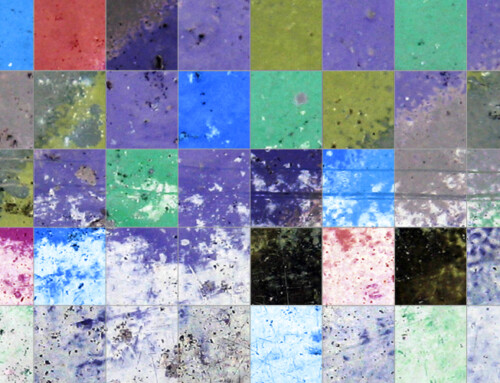

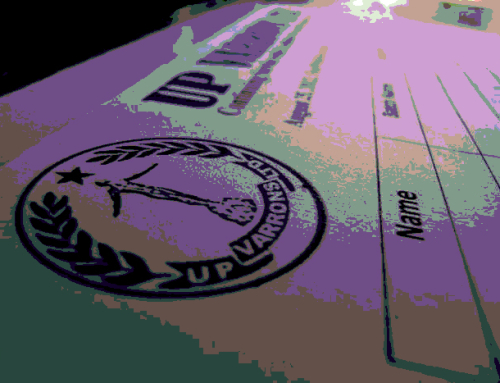
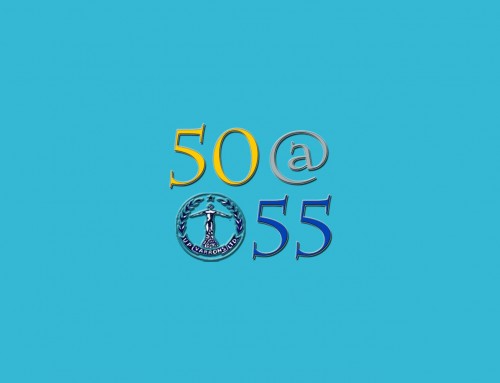

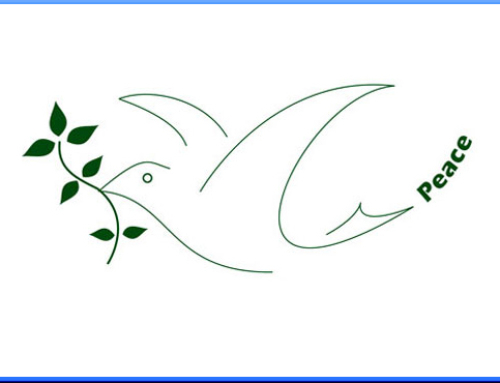
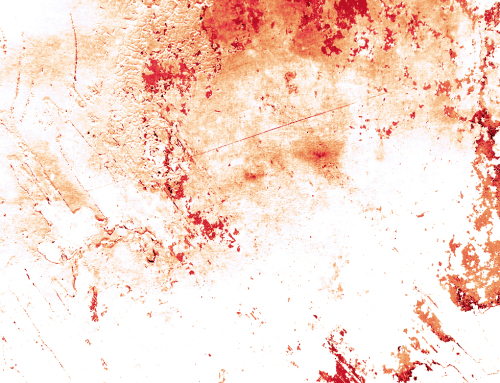



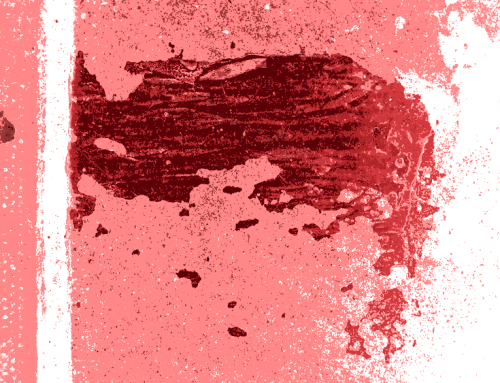
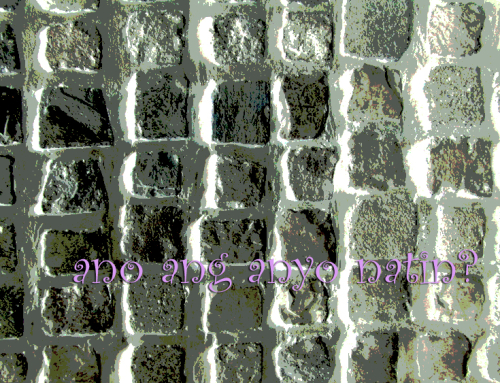
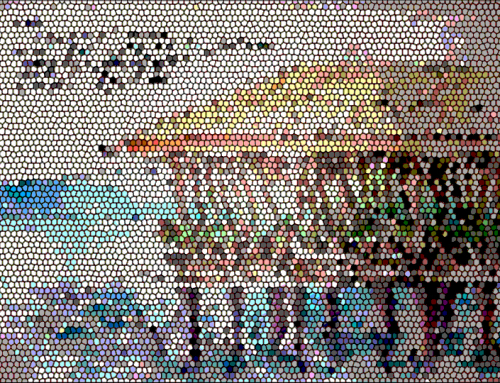

Leave A Comment